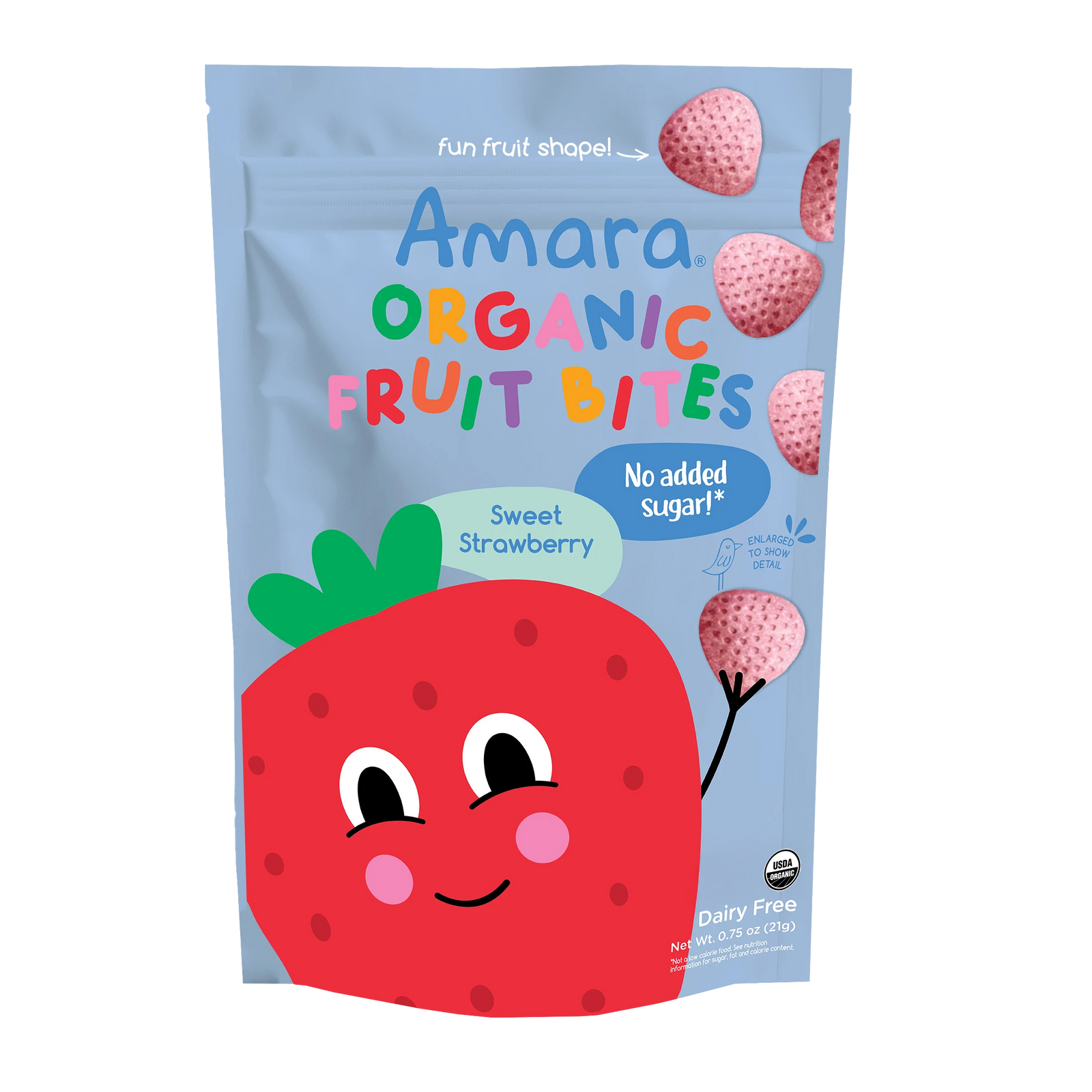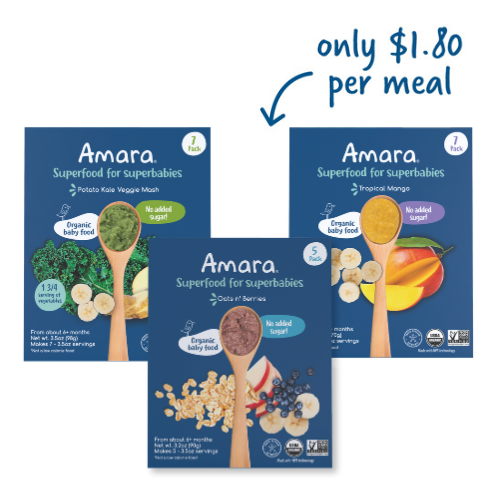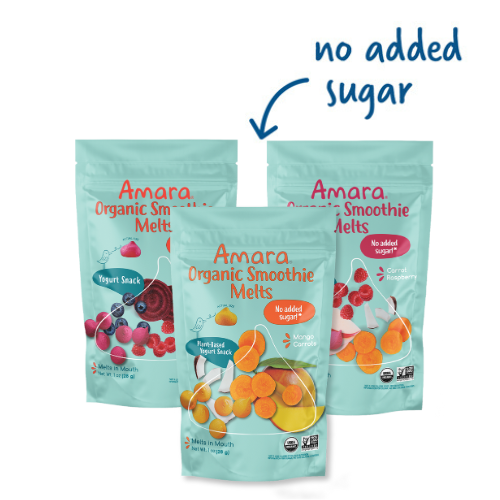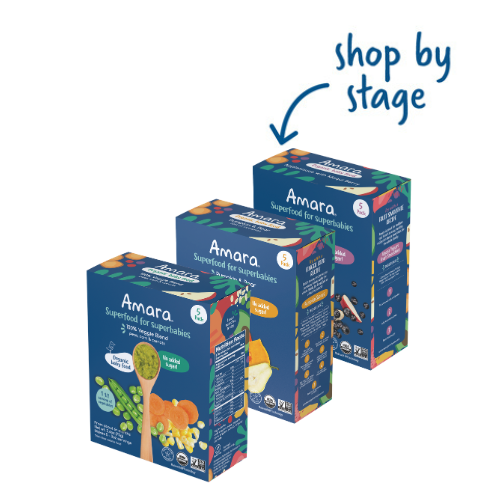
As much as your little one benefits from playing with you, did you know that independent play—when your child is spending time by themselves with their toys and books, even if just for a few minutes—is also super important?
What are the benefits?
There are many benefits to independent play for your child, including:
- Developing a sustained attention span
- Working on their mental focus and problem solving
- Honing fine motor skills
- Experiencing cause and effect
- Being creative and curious
- Being able to experience and positively react to boredom
- Being independent/enjoying being alone
- Developing confidence and a sense of identity

And there are many benefits to independent play for you—the parent, including:
- Getting ‘a breather’
- Learning to give your child space and time to become their own little person
When should you start independent play?
Depends on who you ask! Some parenting experts and websites suggest starting it with 3-6-month-olds. Some even suggest introducing it to newborns.
However, starting independent play around 6-months of age may be easiest. By then, your baby might be able to hold their head up and manipulate a toy on their own (even if they aren’t yet mobile).
If you have a toddler and haven’t introduced independent playtime yet, there’s no time like the present! You can introduce it at any age.
How long should my baby play independently?

Again—it depends on who you ask! For instance, some parenting websites say 6-month-olds may be able to play by themselves for ~5 minutes. Others say that toddlers’ attention spans are 5 minutes! Because the advice varies widely—and because children vary widely—a good starting point for any age is: begin with a few minutes of independent playtime and see how it goes. You can always add more!
Parents.com suggests working up to the following:
6-months: 5 minutes
12-months: 15 minutes
18-months: 20 minutes
2 years: 30 minutes
I haven’t introduced independent playtime yet. How do I start?
Take your child to a small, child-proofed room, area, or playpen and introduce an activity with their favorite toys or books. Then after a few minutes, move a few feet away while offering occasional words of encouragement and acknowledgement if they need it. Gradually, as they get used to independent playtime—and as they get older—you can move further away. (And of course, when your children are much older—like preschool age—you can leave them alone in a room or space for a short period of time. But at this young age—2 years and younger—you won’t want to leave them unattended.)
If your child stops playing when you move away, return to them and play with them again—but only for a few seconds. Then remove yourself again. Repeat as many times as you need. Many children become more interested in their toys/activities than watching you come and go.
And if they start crying when you stop playing, try offering words of encouragement and comfort instead of immediately returning to the play area. Reassure them that you’re nearby and are just giving them space to play.

Tips for Success!
Be patient with your child. Your child’s temperament and day-to-day (i.e., how much sleep they got; if they’re sick; if they’re going through a growth spurt) are going to influence how playtime goes. That’s normal! Start with small amounts of alone time and work up from there.
Develop a schedule for independent play and stick with it. This way, the child will learn to expect that routine.
Offer different toys/books on different days.
But also limit the number of toys available!
Avoid overstimulating toys. Put away the ones that light up, sing, and move around, and instead offer simple, passive toys (blocks, dolls, stuffed animals, boxes, books, art materials, play furniture) that let children stimulate themselves and be creative about their playtime.

Avoid screentime as a part of independent play. We want to go ‘old school’ here and provide toys that let the child, not the game/movie/TV program, take the lead.
Use verbal encouragement at the start of playtime to set expectations:
“OK, now it’s playtime! I’ll be sitting (reading, etc.) over there, and you can tell me about your playtime when you’re done!”
“OK, I’m going to leave you alone for 10 minutes. I’ll even set a timer if you want. I can’t wait to hear what you do!”
Frame it positively (i.e., don’t say: “I need time away from you.” Or “I’m busy. Go play by yourself.”)
During playtime, use verbal encouragement only if they need it. Let them initiate your involvement. Avoid praise. It’s playtime, not a test, so children don’t need to be told, “You’re doing such a great job.” If anything, you can ask questions about what’s going on in their imaginary world.
Make sure your baby gets your undivided attention at other times throughout the day. Then, they’ll be more likely to embrace the short amounts of alone time they’re given.

Last tip! Pick a time for play when your child isn’t too tired or hungry. At Amara, we’re always thinking about food (lol) and making food convenient—but healthy—for children. For hungry babies, consider using one of Amara’s food blends, made with only organic ingredients and no additives. All you do to prepare it is open the package; add 4-5 tablespoons of breast milk, formula, or water; stir; and serve! And for hungry toddlers, try Amara’s yogurt melts before playtime! Babies and toddlers who aren’t hungry will enjoy independent playtime much more than those who are!
Any tips on independent play to share? Please share!








Leave A Comment